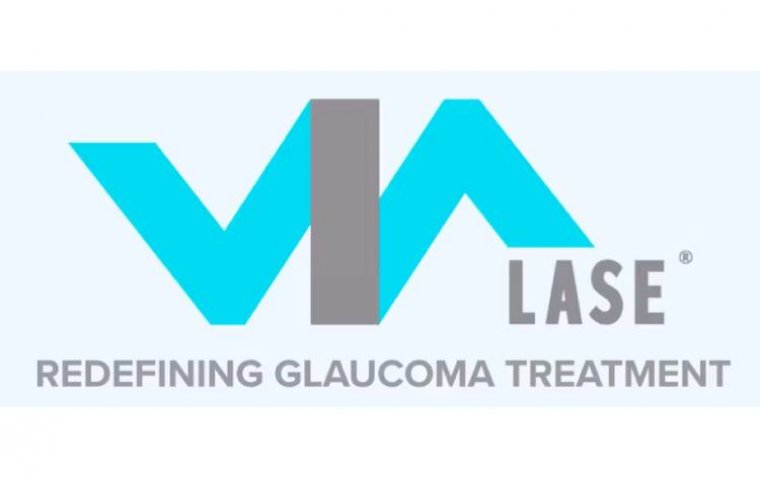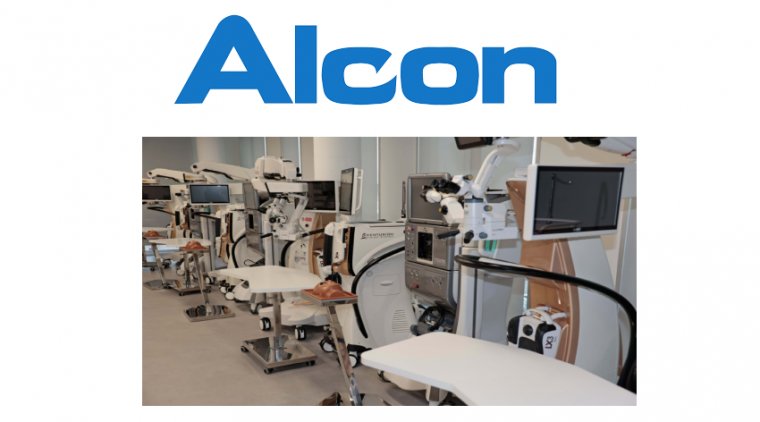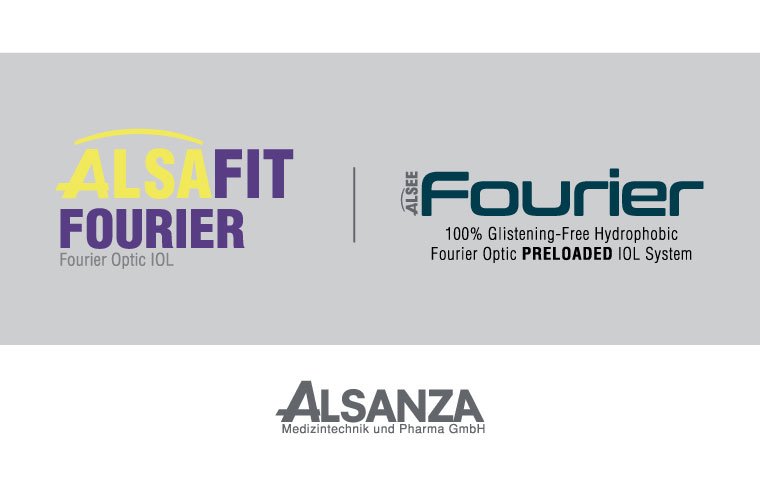
Selagine and Grifols Collaborate on Immunoglobulin Eye Drops for DED
Selagine announced a global collaboration with Grifols to develop and commercialize immunoglobulin eye drops for dry eye disease. Financial terms of the agreement were not disclosed.
As per the agreement, Selagine will receive an upfront payment and annual collaboration fee, and Grifols has committed to funding the development of immunoglobulin eye drops through FDA approval. This process will be managed collaboratively by Grifols and Selagine, which includes clinical, manufacturing, and regulatory activities necessary for FDA approval for the indication of dry eye disease.
Upon commercialization, Selagine will receive tiered royalties on net sales and milestone payments upon achievement of certain annual sales thresholds. Selagine will share a part of the royalties with UIC.
An immunoglobulin eye drop is a biologic drug that contains functional antibodies generated from human plasma collected from thousands of healthy donors. These antibodies are naturally occurring and can neutralize inflammatory proteins, including Interferon-gamma, Interlukin-17, and matrix metalloproteinase-9, that are responsible for producing ocular surface disease in dry eyes.
In a pilot clinical trial, immunoglobulin eye drops were administered twice a day for eight weeks and resulted in a significant reduction in signs and symptoms of dry eyes, with no significant difference in tolerability or adverse events compared to placebo. The developmental work for these antibody-based biologic eye drops was initially carried out at the University of Illinois College of Medicine's Department of Ophthalmology and Visual Sciences, with support from UI Health Pharmacy, and is the culmination of over a decade of research and development efforts. Grant funding for this project was provided by the National Eye Institute (NEI)/National Institutes of Health (NIH), Research to Prevent Blindness, and UIC's Office of Technology Management.
Chronic dry eye disease is characterized by the presence of inflammatory proteins, such as cytokines or chemokines, as well as various types of cells like neutrophils, T-cells, and dendritic cells, along with complement system components and pathogenic antibodies on the ocular surface. As a result, multiple inflammatory mechanisms are simultaneously active and contribute to the symptoms and signs of dry eye disease.
Immunoglobulins have a beneficial effect on each of these mechanisms, providing broad-spectrum anti-inflammatory actions and potentially superior mechanisms compared to currently approved therapies for chronic dry eye disease. The currently approved eye drops for treating chronic dry eye disease have narrow-spectrum anti-inflammatory actions that primarily target T-cell inflammatory mechanisms.
(1).jpg)










